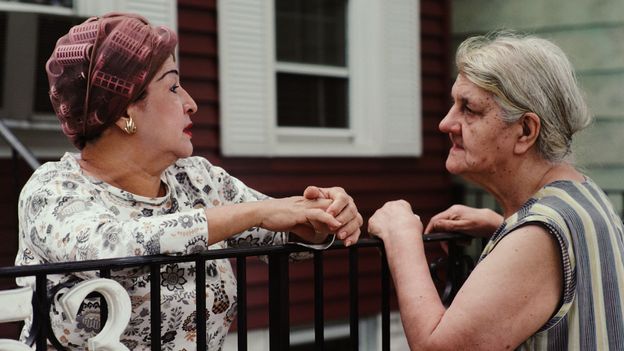
Do we have gossip all wrong?
Still, that isn’t foolproof.
The persistent belief in witchcraft in certain parts of sub-Saharan Africa shows how gossip can result in panic and violence. In Tanzania, anthropologist Simeon Mesaki says his sister and aunt became estranged after a seer blamed his aunt for his niece’s developmental disability. Through the spread of this gossip, his mother also got entangled in the family dispute.
Mesaki, of the University of Dar es Salaam, points out that the consequences can be more severe than estrangement. Recently, he says, “some researchers were killed in Chamwino district when they were mistaken for chinja chinja or mumiani [vampire-like creatures] wanting to drain blood from locals. These were malicious gossips.”
At extremes like this, particularly where scientific literacy is low and financial insecurity is high (and when hired killers, witch doctors, and others stand to profit), gossip can be very dangerous.
But it still might have a useful social function as a means of reinforcing the ideal of egalitarianism. A person who obtains wealth suddenly and mysteriously, for example, is a target for gossip. It’s tempting to believe that their boon stems from malevolent forces. But defusing this suspicion by sharing information can be good for social harmony.
Gossip also might help to reduce stigma. Bianca Dahl, an anthropologist at the University of Toronto, gives the example of Tswana people in Botswana who might gossip about HIV infection. As long as they’re not doing it in a way that maligns the person who is said to be infected – again, there’s a difference between how most of us assume gossip to be negative, and how social scientists define it – this can reduce judgment about infected people’s sexual behaviours.
So how to maximise gossip’s benefits – and curtail its downsides?
